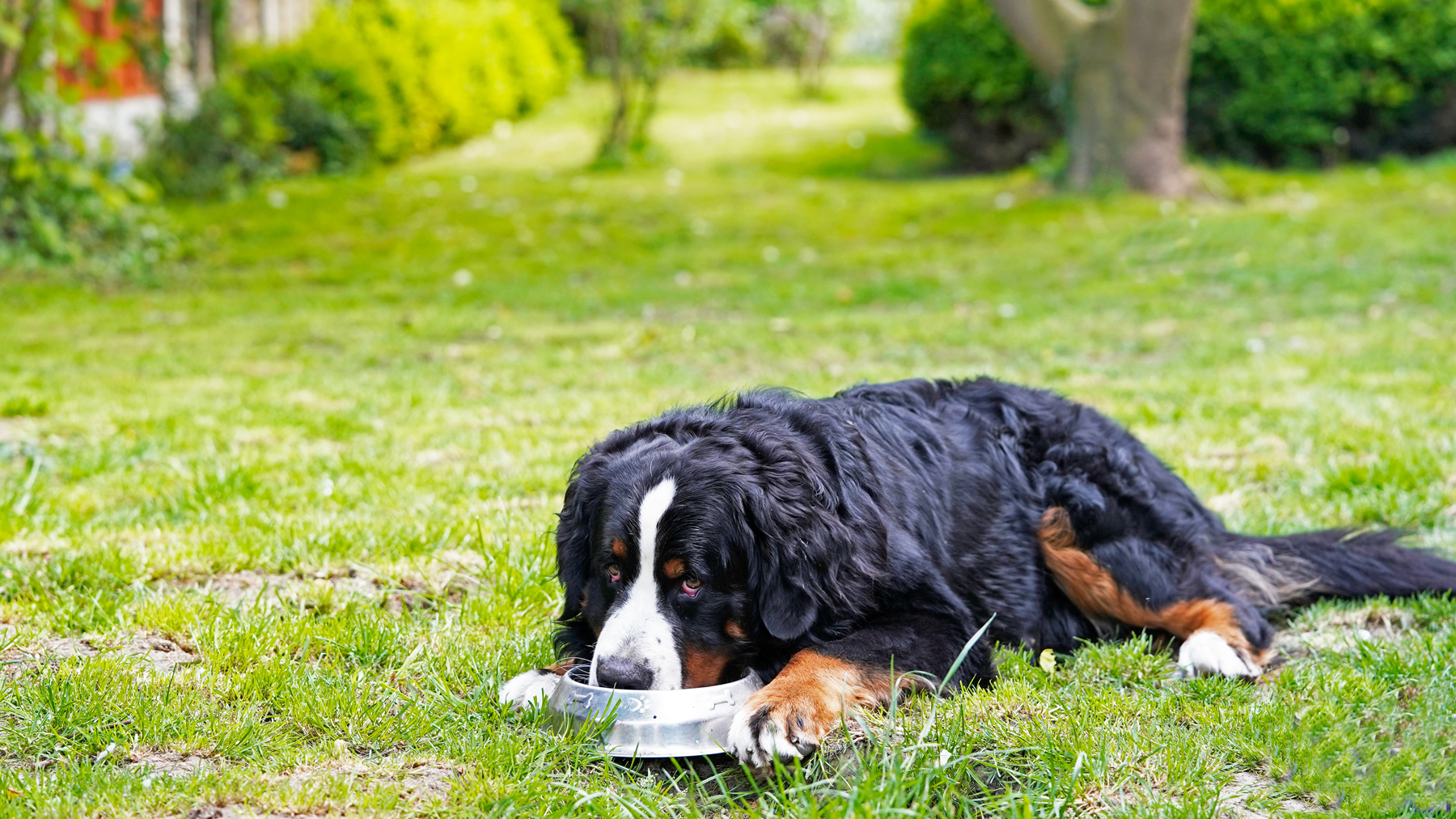Does your dog guard their food and toys? Dog trainer shares how to reduce aggressive behavior
If your dog is showing food aggression, forget the advice you’ve already heard and give this tip a try

You probably treat your dogs from time to time, be it with some of the best dog toys or some of their favorite snacks.
Resource guarding in dogs is a natural instinct for our four legged companions. It comes from when they’d live in the wild and compete for things like food with other animals. Of course, resource guarding is unnecessary for pet dogs today, but these instincts still remain.
If you didn’t manage to tackle how to stop puppy food aggression in your dog’s younger years, and want to nip it in the bud for once and for all, there are ways to prevent resource guarding. And Lisa Burton of Listen Dog Training has explained how in a recent Instagram post.
A post shared by Lisa | Award-Winning Dog Trainer & Course Creator (@listendogtraining)
A photo posted by on
There are lots of misconceptions around resource guarding, with a lot of well-meaning advice actually causing problems or making existing problems worse.
For example, Burton explains that interfering with your dog’s food, or anything else they love, won’t “get them used to it”, but may instead teach them that guarding their resources is necessary. Instead, she recommends leaving your dog while they’re eating, but occasionally walking by their food bowl and dropping in one of their favorite treats while they’re eating.
By doing this, you’ll teach your dog that they should look forward to someone approaching their food – it’s a good thing. They won’t anticipate their food being taken away or interfered with.
When a dog has issues with resource guarding, they might growl, snap or bite if you approach them while they’re guarding an item – even if this sort of behavior is out of character for them. Or, you might notice them freeze, eat faster, or change their body language before they start to display signs of aggression.
Get the best advice, tips and top tech for your beloved Pets
Resource guarding is something that can develop in any breed, and it can occur at any time in a dog’s life. For example, if your pup previously lived in a home with lots of dogs, or lived on the street, resource guarding habits may develop and be tough to break.
Meanwhile, the onset of resource guarding behaviors in an adult or senior dog should be checked out by a vet, as it could indicate an underlying medical condition.
If in doubt, or you’re worried that your dog’s resource guarding could be dangerous, it may be best to consult your vet anyway, or speak to a qualified trainer for more advice. Our guide on how to spot dog trainer red flags will help you know what to watch out for when finding a reliable trainer.

Adam is a freelance journalist specialising in pets, music and culture, and mental health and wellbeing. He investigates and writes the large majority of news on PetsRadar, and collaborates with veterinary experts to produce informative pet care content.
Adam has a journalism degree from Southampton Solent University and a masters degree in Magazine Journalism from Cardiff University. He was previously senior editor at dog advice website DogTime.com, and has also written for The Independent, GoodToKnow and Healthline.
He owns two rescue cats, Bunny and Dougie, and has also previously had a rabbit, fish and Roborovski dwarf hamsters.
